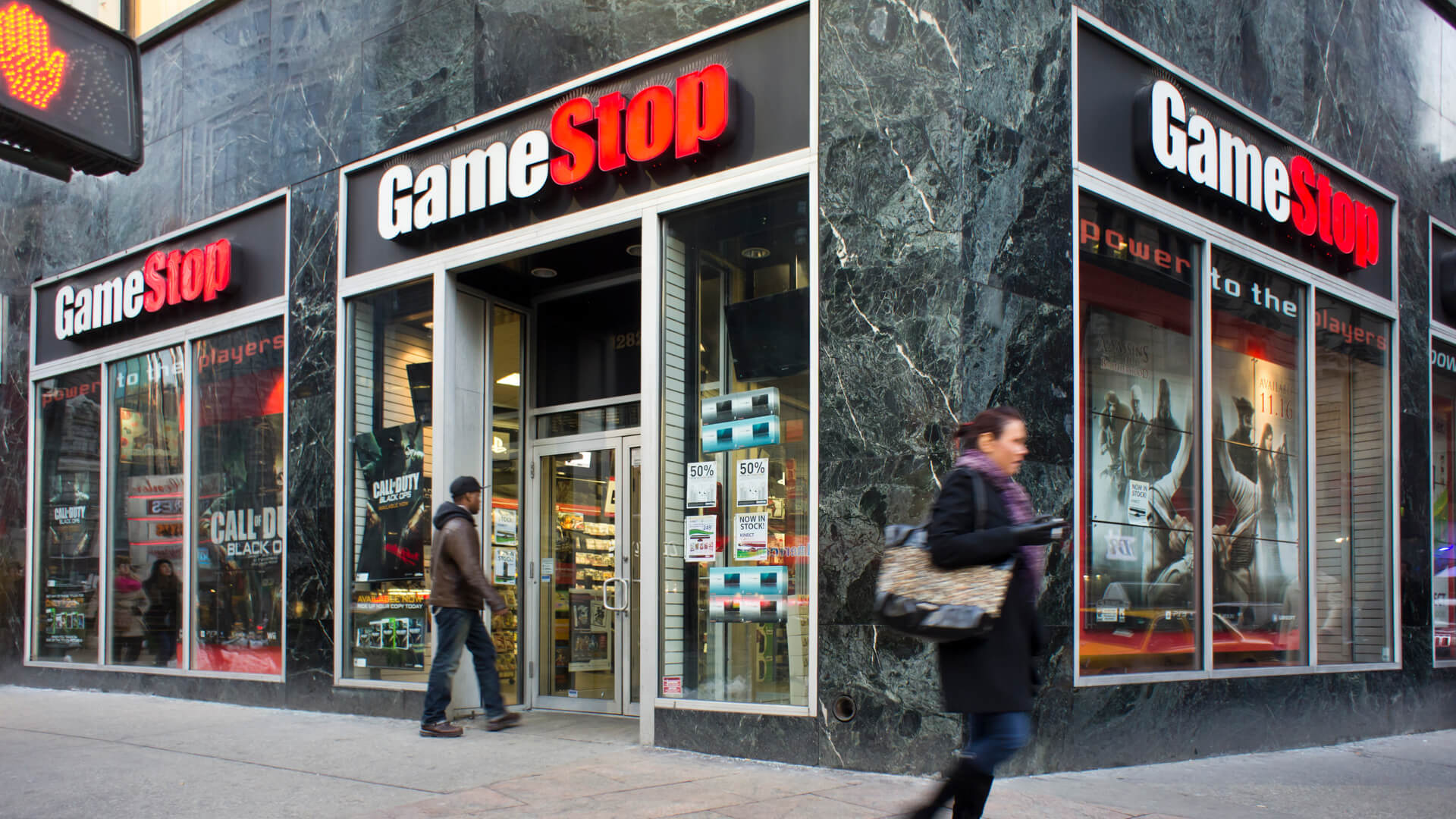
GameStop's (GME) 7% Rebound: Directors' Stock Purchase Amid Revival Efforts
Directors Cheng and Attal Invest in GameStop; Shares Witness 7% Uptick Amid Revival Efforts and Leadership Shifts
The saga of GameStop's (NYSE: GME) stock has been one of the most dramatic market stories over the past year, showcasing the power of individual retail investors rallying behind a company. The video game retailer's shares have experienced an unprecedented roller coaster ride, and the stock continues to be in the spotlight due to its "meme stock" status and the ongoing transformation under new leadership.
On Monday, shares of GameStop experienced a resurgence, rising by 5.5% to $23.92 during the morning trading session. This recent uptick was primarily triggered by the significant stock purchases made by two of GameStop's directors, Larry Cheng and Alan Attal, in the wake of the share price drop that took place last week.
Larry Cheng, via his firm Cheng Capital, invested $111,900 for 5,000 GameStop shares at an average price of $22.38 per share on Friday. In a similar move, Alan Attal disclosed that he had purchased 10,000 GameStop shares for $224,000 at an average price of $22.40. The two directors' actions seem to be a show of confidence in GameStop's future prospects after the stock had plummeted by around 18% following the announcement of disappointing quarterly results and the termination of CEO Matt Furlong.
The connections between Cheng, Attal, and the new executive chair, Ryan Cohen, are noteworthy. The three men have a shared history at Chewy, the online pet products retailer that Cohen co-founded. Attal served as the COO of Chewy from 2011 to 2017 and was its CMO from 2017 to 2018. Meanwhile, Cheng's Volition Capital was the first investor in Chewy. Their relationship with Cohen and past experiences at Chewy are seen as pivotal to their decision to invest in GameStop.
Ryan Cohen's influence in GameStop has been transformative since he disclosed his stake in the company in 2020. He was instrumental in shifting the company's strategic focus towards e-commerce, a move that, coupled with high short interest in the stock, attracted the attention of bullish Reddit users on the WallStreetBets forum. This momentum initiated a significant run for GameStop shares, transforming the company into a popular "meme stock."
"Meme stocks" are characterized by extreme volatility, elevated short interest, and a tendency among retail investors to overlook business fundamentals. These stocks often react strongly to headlines and social media buzz. Yet GameStop represents more than just a meme stock. The company is evolving under new leadership and is aiming to pivot its business model in an industry that's undergoing rapid transformation.
However, GameStop's journey hasn't been without turbulence. The company reported a profit in its fiscal fourth quarter, only to swing back to a loss of $50.5 million in the next quarter. Sales fell by 11% year over year to $1.24 billion. These disappointing results reflect the challenges GameStop faces as it attempts to navigate a shifting retail landscape and reshape its business model.
In the midst of these challenges, the company is striving to clean up its financials. GameStop has significantly cut its long-term debt from over $400 million in early 2020 to $26 million in the most recent quarter. While the company reported losses of $309 million last year, analysts estimate that losses could shrink to nearly $100 million this year.
The company's recent leadership changes also offer a glimmer of hope. The appointment of Ryan Cohen as the executive chair and Mark H. Robinson as the general manager and principal executive officer marks a new chapter in the company's history. The market has responded positively to these changes, and the recent purchases by Cheng and Attal reinforce faith in GameStop's future prospects.
That being said, there are still doubters. Notable short sellers like Michael Burry and Nick McKay have voiced concerns over the retailer's direction and the impact of recent leadership changes. Nevertheless, it's clear that GameStop continues to attract interest from key stakeholders. Hedge funds and other institutional investors currently own 25.57% of the company's stock.
In conclusion, GameStop's rise and fall have been a focal point of market activity over the past year, demonstrating the significant influence of retail investors and their ability to rally behind a stock. While the company faces hurdles in pivoting its business model and improving its financials, there is still faith in its potential. The combined efforts of the company's new leadership, faith from its directors, and continuing interest from retail investors are setting the stage for a new chapter in GameStop's history. The company's future course will undoubtedly be a captivating watch for investors and market observers alike.
Read More
-
CGDV ETF at $44.17 Targets $52 as Dividend Value and AI Leaders Drive 2026 Upside
07.01.2026 · TradingNEWS ArchiveStocks
-
XRP ETFs XRPI and XRPR: $2.20 XRP and $1.6B Inflows Drive 2026’s Hottest Crypto Trade
07.01.2026 · TradingNEWS ArchiveCrypto
-
Natural Gas Price Forecast: NG=F Rebounds to $3.48 as Market Eyes EIA Storage Shock
07.01.2026 · TradingNEWS ArchiveCommodities
-
USD/JPY Price Forecast - USDJPY=X Holds 156.6 as BoJ Hawkish Shift Collides With Fed Cut Expectations
07.01.2026 · TradingNEWS ArchiveForex


















